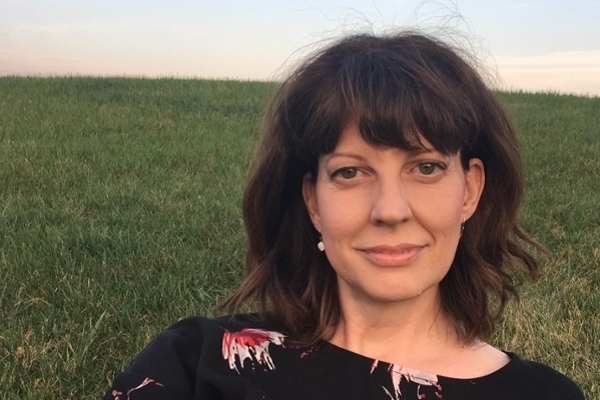As this year’s group of 86 graduands prepare for convocation, we asked Bethany Penn (Master of Public Administration ’18) about her time with the Johnson Shoyama Graduate School of Public Policy. Here is what Bethany had to say.
Bethany Penn is a motivated individual who thrives when faced with new challenges. After attending an information session about the Johnson Shoyama Graduate School of Public Policy, she knew that the Master of Public Administration would be an excellent complement to her background in international development.
Q: How did you first hear about the JSGS and what interested you?
Bethany: As an undergraduate at the University of Saskatchewan, I noticed an advertisement for an upcoming lecture on water policy and decided to attend out of interest on the topic. After the lecture, I was invited to attend an information session about the JSGS. Before the session, I did not know much about the School, but I realized that the opportunities at the school would perfectly complement my background in international development.
Q: What challenged you the most during your MPA?
Bethany: The MPA challenged my perspectives because it shifted my focus from being a citizen affected by public policy to being a public servant with the potential of having a direct say in the creation of public policy. This shift in perspective brought on a host of other considerations like the role of a public servant, ethics in the public sector, and what goes into making effective public policy.
I experienced a lot of personal growth because of the MPA program. It was a challenging and demanding program, and the professors have high expectations of their students. By meeting those challenges and expectations, I learned a lot about my own capabilities and gained self-confidence. That confidence has helped me move out my comfort zone and take on new personal and professional challenges.
Q: What did you find most valuable about your time at the JSGS?
Bethany: Aside from education, what I found most valuable about my time at the JSGS was the relationships I experienced with my classmates, the professors, and the staff at the JSGS. It was wonderful to meet my fellow classmates from all over the world and to be exposed to their different perspectives. The smaller class sizes allowed us to work closely together and get to know each other on a personal level. The professors shared their expertise and practical experiences from the public sector and made every effort to ensure our success.
Q: Through the MPA program, did you discover anything new about yourself?
Bethany: Something I discovered about myself through the JSGS is that I am a good public speaker. I used to be nervous to speak in public, but the professors built numerous public speaking opportunities into the curriculum. By the time I presented my capstone presentation at the end of my program, I had become much more confident in public speaking
Q: What was most memorable about your program?
Bethany: One of my most memorable moments at the JSGS was taking part in a Blanket Exercise during our orientation week. It was a powerful and emotional experience that gave me a whole new way of thinking about the experiences of Indigenous peoples in Canada, and it inspired me to take the Indigenous Peoples and Public Policy course. I encourage anyone who has the opportunity to participate in a Blanket Exercise to do so.
Q: What advice would you give to individuals looking into coming to the JSGS?
Bethany: For students who might be thinking about coming to the school, my advice is to talk to the professors and former students to really get a sense of what public policy is all about. It is an interesting field, but it may not be for everyone. Students should have a clear sense of why they want to work in the public sector versus the private sector.
Once an individual is accepted to the JSGS, my advice is the make the most out of every aspect of the school – talk to the professors, get to know your classmates, and attend all the networking events you can!
Q: What are your aspirations after convocation?
Bethany: After convocation, I am hoping to explore a career in the public sector that combines the knowledge of public policy that I gained at the JSGS with what I learned in my undergraduate degree in international development studies. The benefit of a degree in public administration is that it opens the door to a wide range of careers from government to non-profits, in whichever direction my interests lead me.
On June 5, Bethany Penn will be one of 22 MPA students to graduate from the University of Saskatchewan campus, joined by five Master of Public Policy, three Master of Northern Governance and Development, and two Ph.D. in Public Policy graduands. The University of Regina campus will see 20 MPA, 19 Master of Health Administration and 15 Master's Certificate graduands cross the stage the next day, on June 6. These 86 graduates will be joining over 800 JSGS worldwide.
The Johnson Shoyama Graduate School of Public Policy would like to extend congratulations to all graduating students from the University of Regina and University of Saskatchewan.
